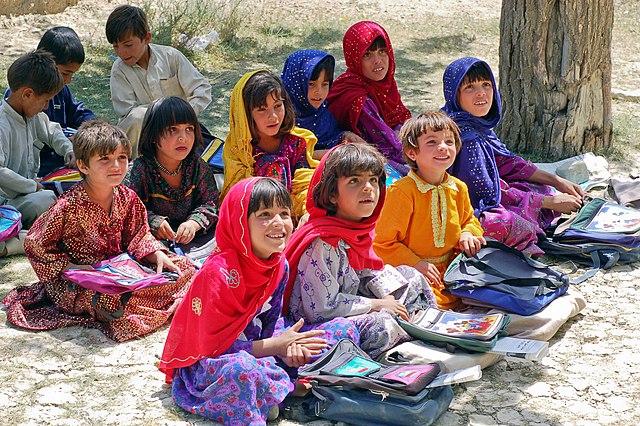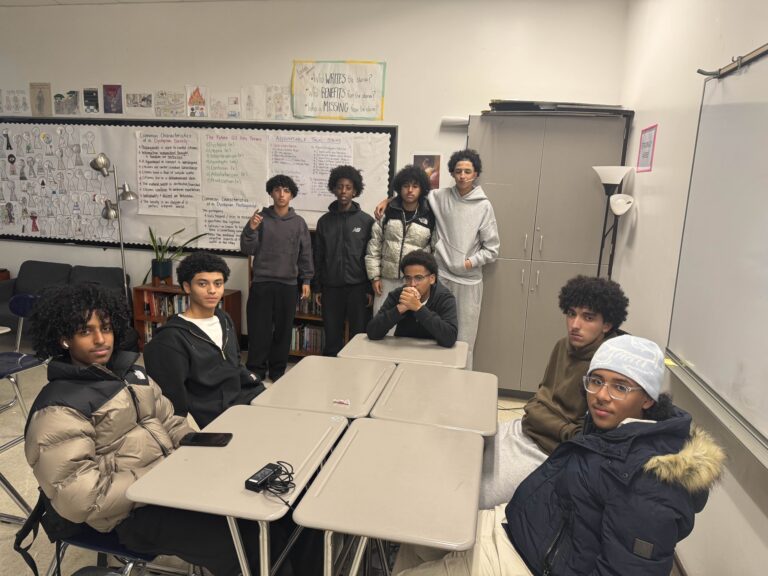While designing this edition of the newspaper, I was hit with a realization: This edition is making history. This is the final edition of the decade, with the 2010s being over in less than twenty days.
I came into this decade as a seven-year-old, a child accompanied by an admirable enthusiasm for life, one that children possess. I am leaving this decade at the age of seventeen. While I am still young, the fact that I will be a legal adult in four months gnaws on me. My seven-year-old self viewed 2010 with blinding optimism, excited to learn more about the world around me. But now, I view 2020 and the years to come with immense trepidation. The stark difference in ideology has made me evoke the question: at what point in the past ten years did I develop such a bleak world-view?
Asking that question may be futile. I should have expected it. While 2010 feels like yesterday, January will mark it as ten years ago. Ten years is a significant amount of time. Nothing today was the same ten years ago—movies, music, clothes, government, the Earth itself. We shrug off the drastic changes in our environment when we look at them in retrospect, but when it comes to ourselves, that is where the doubt and fear come in.
In one way, this is just the eventual dissolve of that naivety I possessed as a child. I matured, I grew up; physically, mentally, emotionally. To hold onto that starry-eyed outlook I had before is to deny the reality of the future. The next decade and the other decades to come will be my adult years. On top of the responsibilities I have at the moment, I will be gaining much more with college and employment. Why am I going to pretend that is not going to happen, that I should not focus on anything else other than the last four months of supposed childhood?
On the other hand, it is hard to look back and realize that my youth slowly disappeared. I do not remember the last time I actually felt like a kid. Going into high school, I feel like I was thrust into a growing mound of responsibilities that I can never tear myself away from. Being so academically focused has its rewards, such as good grades; but in the end, is that all I will remember of this decade? Going to school and doing what I am told because it should be good for me? The last couple of years led me to develop a tedious routine—go to school, go home, do my homework, sleep, repeat—the only variations being work or clubs. The creation of this routine (especially at a time that should be marked with spontaneity), has burdened my perception of the future. If this is just how it is going to be for the rest of my life, why I am I going to bother to feel anything positive towards it?
Looking around at the other soon-to-be-adults, I admire how they all seem to be taking it in stride. On the outside, it seems that no matter what, they seem content. I struggled with not having anyone to relate to; until I found one in an unlikely place.
One of my favorite shows is The Sopranos, an HBO show from 1999 to 2007. A character named Christopher Moltisanti, the nephew of Tony Soprano (the protagonist of the show), starts off the series as a rising member of the mafia crime family Tony belongs to. In the episode “The Legend of Tennessee Moltisanti,” Christopher starts to struggle with his daily life and his way he sees himself. He wants to be a scriptwriter, but he is incapable of writing one. He also wants to move up the family and take on bigger roles in the business but feels stagnant. In an interaction with Tony, he admits that the “regularness of life is too…hard for [him].” In another interaction with fellow soldato Paulie Gualtieri, Christopher asks him if he ever felt like “nothing good was ever going to happen.” He then shares to Paulie how every character has an arc, painfully asking, “Where’s [his] arc?”
Watching that episode again recently, I was struck by how much I related to him and his struggle. I cannot help but think like Christopher in this episode. Going into the next decade submitting myself to the same monotony over and over, I cannot help but feel that nothing good will come out of it, that I will just be surviving instead of living life.
The small hope in me is saying that will not happen. Everything that I am working for now is going to benefit me in the long-run, by helping me develop the skills I need to be a successful person in the future. Sure, maybe I will not be completely fulfilled with my life in the next ten years, but there is always going to be something I can hold onto, like family and friends. While the uncertainty still mounds on me, the idea of having something to fall back on comforts me.
The stronger my developing cynicism about the future becomes, the more I realize how much I want to grow out of that way of thinking. This should not be my default mindset. I know that this should not be the way someone like me, a promising seventeen-year-old, should be perceiving the future. I cannot afford to be pessimistic. I have to choose optimism. I have to choose to live that regularness of life Chris referred to in the episode. Why? Because I have no other option. What is worse, living a mediocre life yet being satisfied with it, or living that same exact life miserably? I might as well make something out of the option that is designed for me now because I will not just be living my life for the next ten years. I have a whole lifetime ahead of me.
Paulie, after Chris asks him about the feeling of impending, infinite failure, says that nothing good did happen, “So what?” Paulie says. “I’m alive.” I should take notes from Paulie and appreciate the gift that I have now and will hopefully have for many years to come; I am alive.







